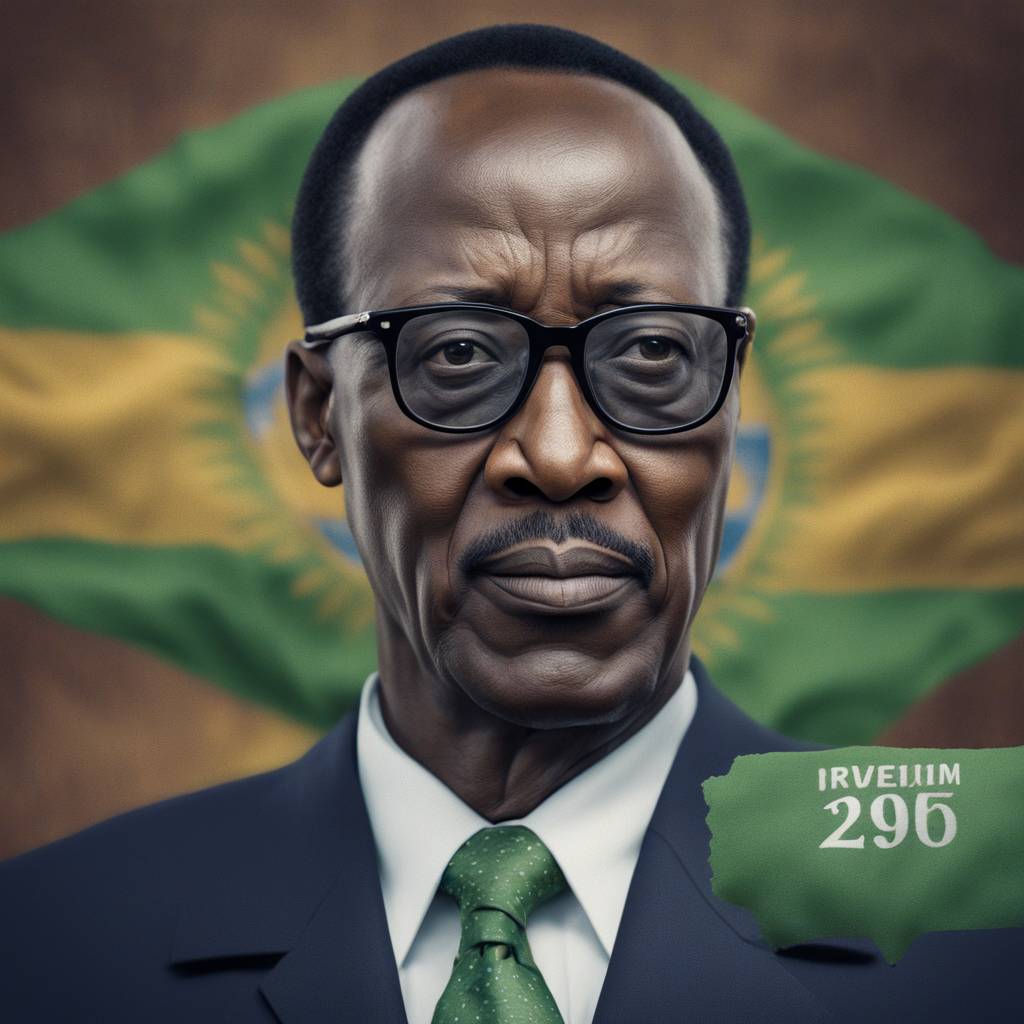Rwandan President Paul Kagame marked the 30th anniversary of the 1994 genocide by blaming the international community for not preventing the mass killing of an estimated 800,000 people by government-backed extremists. Despite Rwanda’s strong recovery and economic growth since the genocide, scars remain and questions linger about whether genuine reconciliation has been achieved during Kagame’s long rule. Kagame, who led the rebel movement that stopped the genocide and seized power, has been both praised for bringing relative stability and vilified for his intolerance of dissent. Commemoration events in Kigali included a delegation led by former U.S. President Bill Clinton and Israeli President Isaac Herzog.
The genocide in Rwanda was sparked by the downing of a plane carrying then-President Juvénal Habyarimana, leading to a series of massacres characterized by Hutu extremists targeting Tutsis and moderate Hutus who tried to protect them. Rwandan authorities have long criticized the international community for ignoring warnings about the killings, with some Western leaders expressing regret for their inaction. French President Emmanuel Macron, in a prerecorded video, acknowledged France’s failure to halt the genocide. Kagame reiterated that it was the international community’s collective failure that allowed the atrocities to occur, while lighting a flame of remembrance at a memorial site holding the remains of 250,000 genocide victims.
Rwanda’s ethnic composition has remained largely unchanged since the genocide, with a Hutu majority and small percentages of Tutsis and Twa. Kagame’s government has banned any form of ethnic organization in an effort to foster a unified Rwandan identity. National ID cards no longer indicate ethnic background, and a stringent penal code prosecutes those who deny the genocide or its underlying ideology. Critics argue that the law has been used to silence dissent against the government’s policies. Rights groups have accused Kagame’s forces of carrying out killings during and after the genocide as revenge, although Rwandan authorities refute these allegations.
Kagame emphasized the importance of unity as the foundation for Rwanda’s progress following the genocide, stating that political measures were necessary to prevent future genocides. A night vigil was planned as part of a weeklong commemoration to honor the victims and ensure the memory of the genocide remains alive. Mass graves continue to be discovered across Rwanda, underscoring the extent of the killings. According to a survivor group leader, maintaining the memory of the genocide is crucial in countering the mentality that allowed such atrocities to occur. He noted the increased inclusivity in commemoration events, with even family members of perpetrators now participating.
Kagame, who spent his early years as a refugee in Uganda, has been the de facto ruler of Rwanda for many years. Criticized as authoritarian, Kagame has been accused of creating a climate of fear that suppresses open dialogue on national issues and sidelines political opponents. Tensions have also arisen with neighboring countries, such as Congo, Burundi, and Uganda, over various disputes and allegations of backing rebel groups. Despite these challenges, Kagame has maintained a firm grip on power, winning elections with overwhelming support. The legacy of the genocide continues to shape Rwanda’s present and future, as the country strives to build unity and prevent a recurrence of such horrific events.








